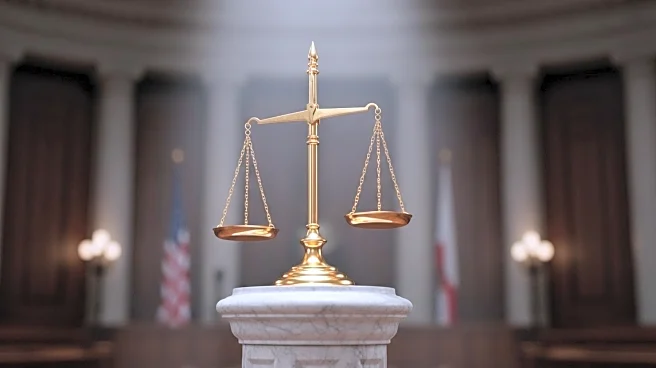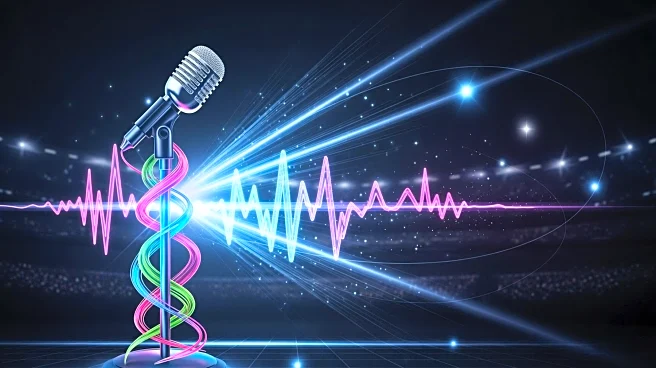What's Happening?
ABC News' Linsey Davis conducted an interview with representatives from the Innocence Project to discuss International Wrongful Conviction Day. This day is dedicated to raising awareness about the issue of wrongful convictions and the efforts to exonerate those who have been unjustly imprisoned. The Innocence Project, a key organization in this field, has been working for decades to overturn wrongful convictions through DNA testing and legal advocacy. The discussion highlighted the challenges faced by those wrongfully convicted and the systemic issues within the justice system that contribute to these errors.
Why It's Important?
The significance of International Wrongful Conviction Day lies in its ability to shed light on the flaws within the criminal justice system that lead to wrongful convictions. These errors not only affect the lives of the individuals wrongfully imprisoned but also undermine public trust in the legal system. The work of organizations like the Innocence Project is crucial in advocating for reforms that can prevent such miscarriages of justice. By bringing attention to these issues, there is potential for policy changes that could improve the accuracy and fairness of the justice system, benefiting society as a whole.
What's Next?
As awareness grows, there may be increased pressure on lawmakers and the judicial system to implement reforms aimed at reducing wrongful convictions. This could include changes in forensic science practices, improvements in legal representation for defendants, and the adoption of more rigorous standards for evidence. The Innocence Project and similar organizations are likely to continue their advocacy efforts, pushing for legislative changes and increased funding for initiatives that support exoneration and justice reform.
Beyond the Headlines
The broader implications of wrongful convictions extend beyond individual cases. They highlight systemic issues such as racial bias, inadequate legal representation, and the reliance on flawed forensic methods. Addressing these issues requires a comprehensive approach that involves legal, social, and educational reforms. The cultural impact of acknowledging and correcting wrongful convictions can lead to a more equitable justice system and a society that values truth and fairness.










